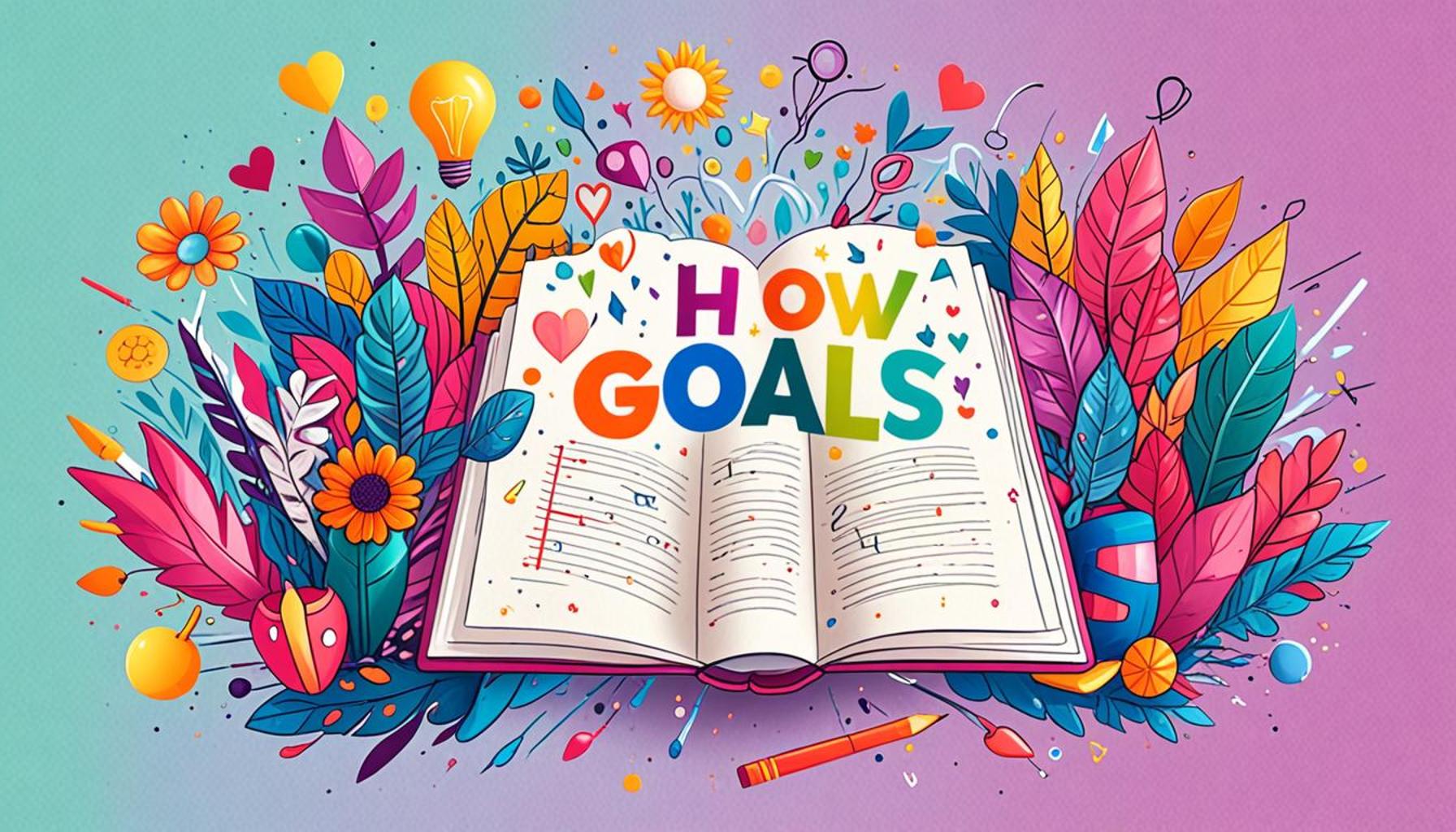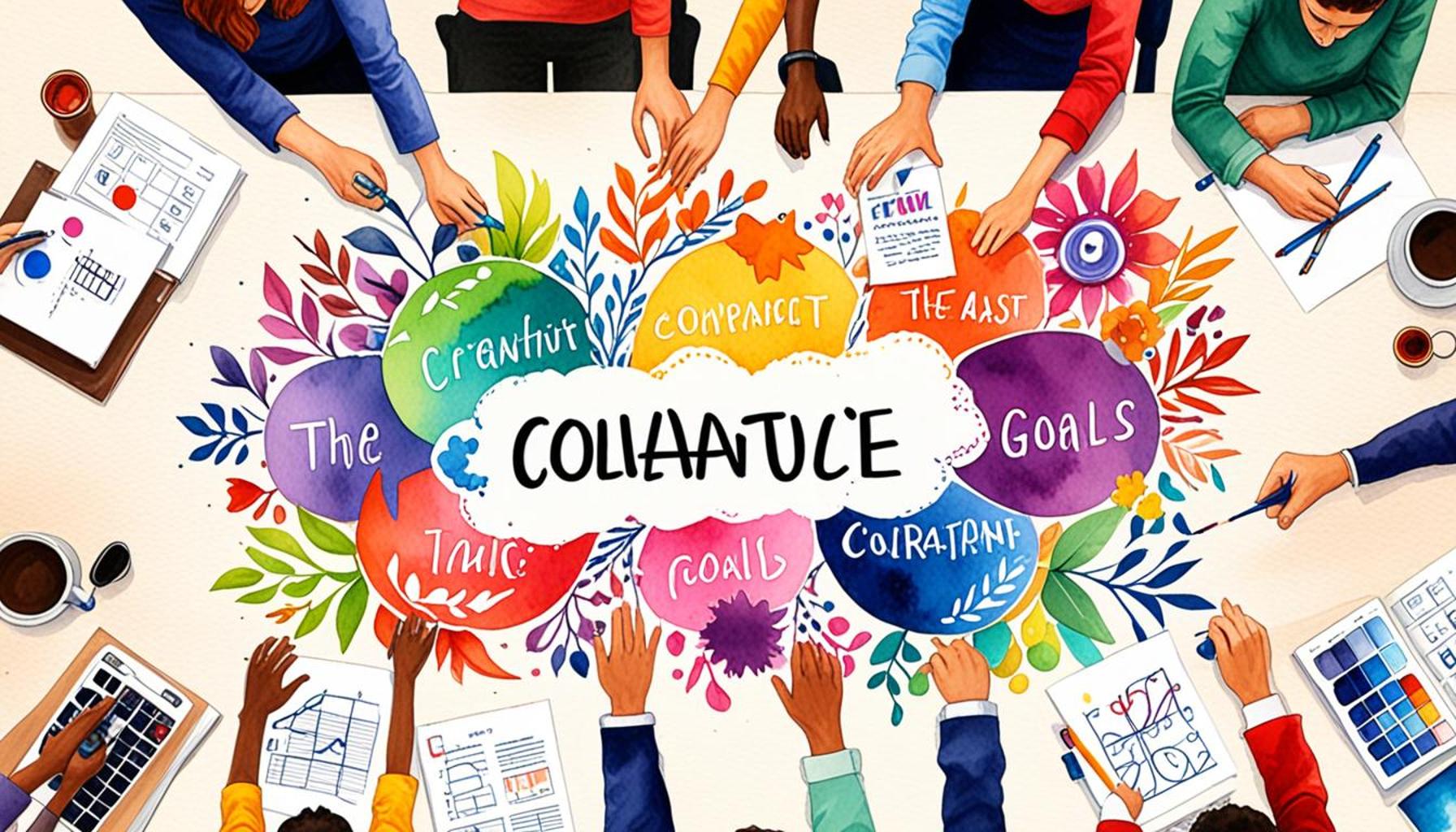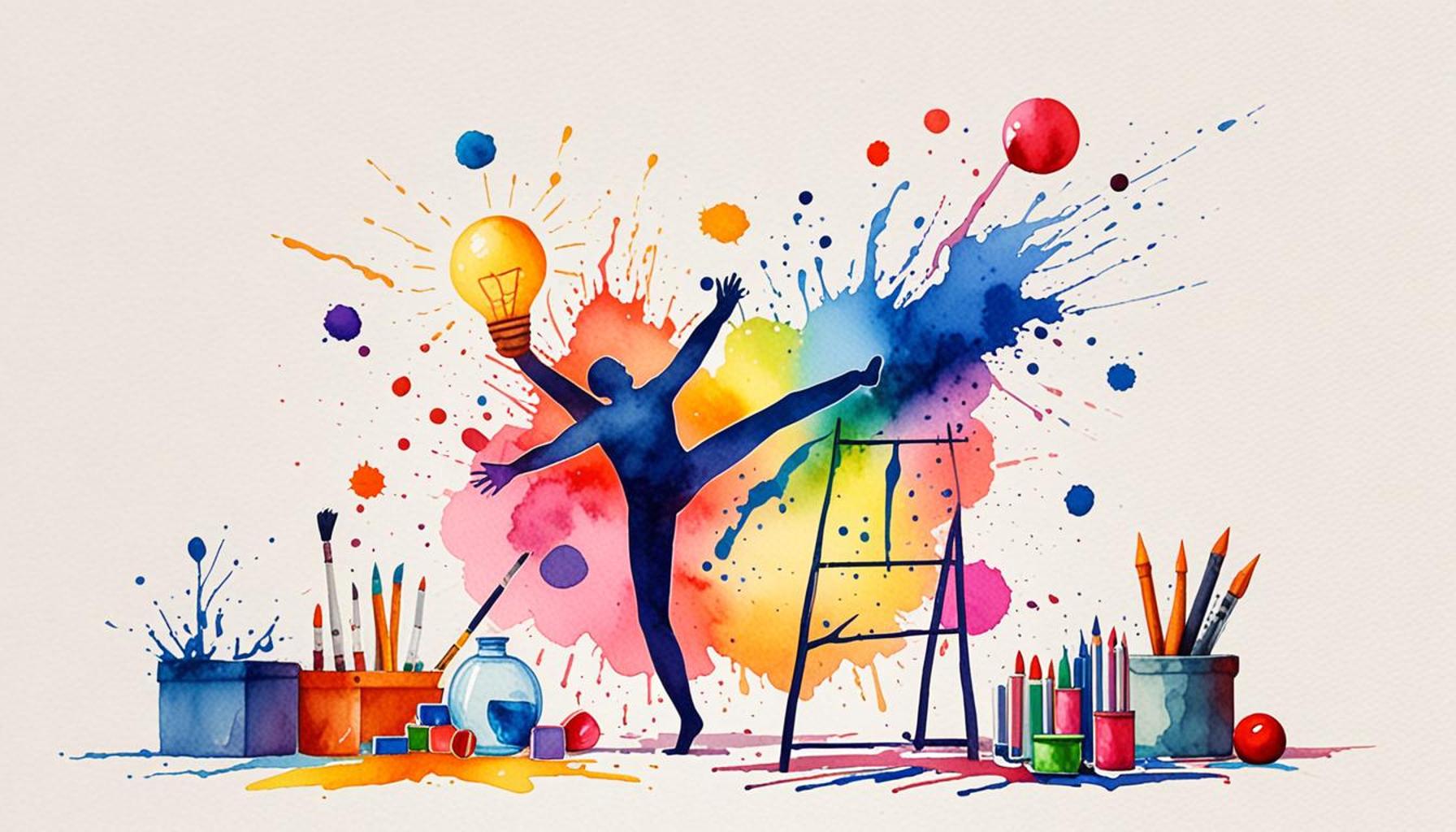The Importance of Reviewing and Adjusting Goals to Maintain a Growth Mindset
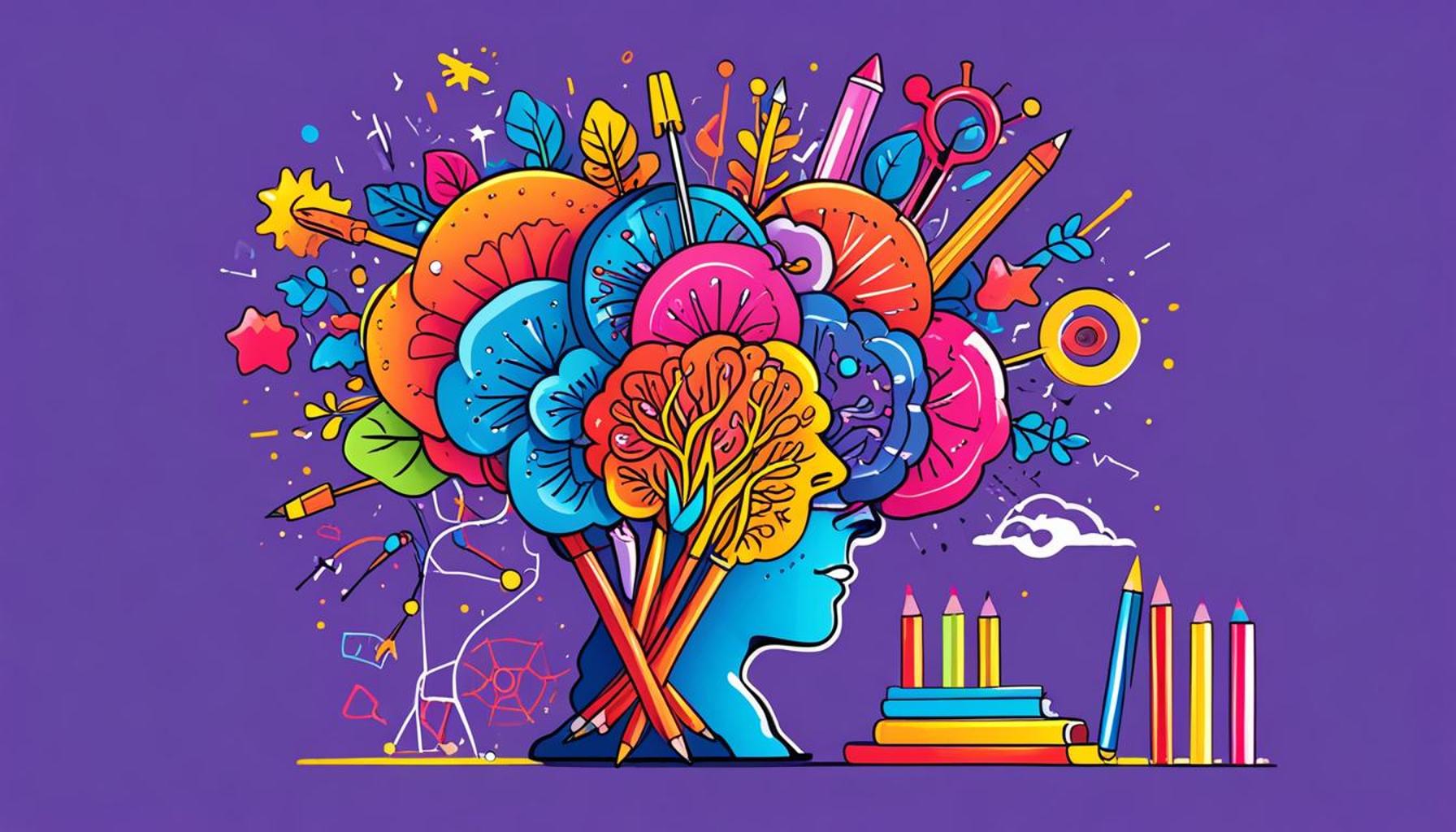
The Importance of Adapting Goals in an Ever-Changing Environment
In a world that shifts as swiftly as the winds of change in Lagos, adapting goals is not just beneficial but essential. A growth mindset thrives on challenges and embraces the notion that intelligence and abilities can be developed. This perspective empowers individuals to seek improvements continuously through introspection and adjustment.
Understanding Flexibility in Approach
Life is unpredictable; therefore, staying pliable in our objectives can lead to new opportunities. For instance, consider entrepreneurs in Nigeria who must navigate a landscape influenced by fluctuating economic indicators such as inflation and currency exchange rates. By remaining flexible, these business owners can pivot their strategies, such as exploring online marketplaces or adopting innovative technology, to meet shifting consumer demands.
The Value of Learning from Feedback
Regularly assessing our progress allows for real-time adjustments based on experiences and input from others. This is particularly relevant in contexts such as education, where students might find that their study techniques are not effective for a particular subject. By seeking feedback from teachers or peers, they can implement changes that enhance their understanding and performance. For instance, a student who struggles with mathematics might benefit from group study sessions instead of solitary revision, thus leading to academic improvements.
Building Enhanced Resilience
An adaptable mindset fosters perseverance, helping people navigate setbacks more effectively. In Nigeria’s challenging economic environment, the ability to bounce back from disappointments—such as unmet targets in a business venture or job loss—is crucial. Those with a strong growth mindset view setbacks as learning experiences rather than failures. They might take the time to analyze what went wrong and develop new strategies that would lead to greater success in their next endeavors.
Realigning Goals with Personal Aspirations
As individuals encounter unique challenges, adapting personal and professional goals ensures that one remains focused and aligned with their aspirations. This proactive approach allows individuals to remain relevant and motivated, despite external changes. Whether it’s a young graduate seeking employment or a seasoned professional eyeing a career transition, realigning goals can be a transformative experience that unveils new passions, ignites creativity, and fosters innovation.
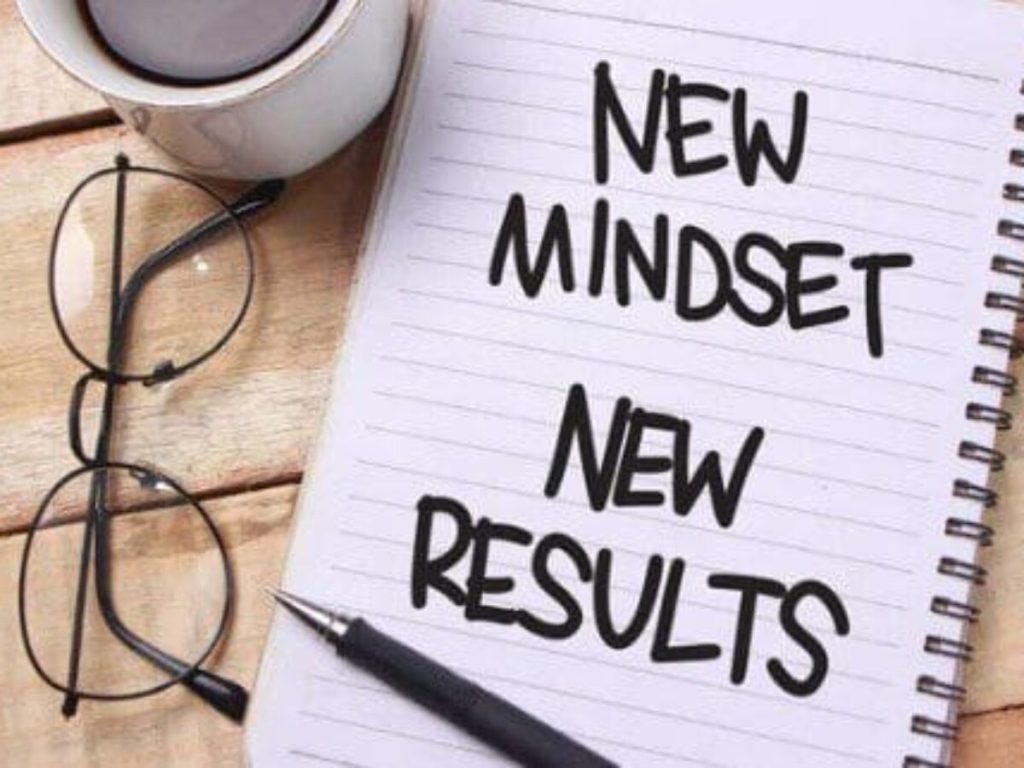
Cultivating a Culture of Continuous Improvement
Moreover, a well-defined method of reviewing and adjusting goals instills a culture of continuous improvement, which is crucial for personal development. By subscribing to this philosophy, individuals are encouraged to set realistic and achievable milestones, thus contributing to broader societal progress. For our aspiring students, professionals, or entrepreneurs in Nigeria, this commitment to continuous learning can pave the way for success in an increasingly competitive landscape.
As you delve further into this article, you will discover practical strategies and insights on how to maintain a growth mindset through the ongoing process of reflection and effective goal-setting. Embracing change and optimizing your approach ensures that you remain on a path of development, no matter the circumstances you may encounter.
YOU MAY ALSO LIKE: Read read another article
Embracing Change as a Catalyst for Growth
In a society shaped by rapid technological advancements and dynamic market shifts, the capacity to review and modify our goals is vital for maintaining a growth mindset. The essence of a growth mindset revolves around the understanding that capabilities are not fixed but can be nurtured through dedication and hard work. This perspective encourages individuals to embrace change and view challenges as opportunities for personal development.
Identifying New Opportunities through Goal Adjustment
As life unfolds, the opportunities to learn and innovate emerge in unexpected ways. For example, young professionals in Nigeria often find that the job market may not align perfectly with their initial career aspirations. By regularly reevaluating their career objectives, they can identify emerging fields and position themselves for success. The rise of digital marketing and e-commerce, particularly following the pandemic, has opened doors that were previously unimagined. By adjusting their goals, these young professionals can harness their skills in new and rewarding ways.
The Power of Self-Reflection
Reflecting on our experiences is instrumental in the goal-adjustment process. Consider individuals in academia who may have set strict targets for their grades or academic performance. By reflecting on which study techniques yield the best results and which do not, they can better understand their learning preferences. This self-awareness allows them to set realistic goals that resonate with their capabilities while cultivating a resilient approach to improvement. Moreover, self-reflection nurtures a willingness to embrace constructive criticism, which is crucial for personal growth.
Key Strategies for Effective Goal Adjustment
Successfully managing the process of reviewing and adjusting goals involves several key strategies:
- Establish Clear Milestones: Break down long-term goals into smaller, manageable milestones to track progress effectively.
- Gather Feedback: Seek insights from mentors, peers, or professionals to gain external perspectives on your goals and progress.
- Remain Open to Change: Embrace flexibility and be willing to alter your path when presented with new information or opportunities.
- Set a Regular Review Schedule: Establish a routine for revisiting your goals, assessing achievements and challenges, and making necessary adjustments.
Fostering a Supportive Community
Surrounding oneself with like-minded individuals who share an interest in personal development can reinforce a growth mindset. In Nigeria, forums or study groups provide supportive environments where members can share insights and strategies related to their goals. This sense of community encourages collaboration and growth, reducing the isolation often felt when pursuing ambitious aspirations. The collective effort in goal adjusting not only nurtures personal advancement but also catalyzes regional development by inspiring others to push their boundaries.
This exploration of adapting goals to foster a strong growth mindset sets the stage for deeper insights into how individuals can implement specific practices and reap the benefits of continuous improvement. As we advance in the article, expect to uncover actionable techniques that facilitate ongoing self-development through strategic goal adjustments.
| Category | Details |
|---|---|
| Continuous Improvement | Regularly updating goals fosters a culture of constant learning and development. |
| Enhanced Motivation | Adjusting goals can reignite passion, making goals more relevant and engaging. |
| Adaptability | Flexible goals enable individuals to navigate unexpected challenges and opportunities. |
| Clear Focus | Revisiting goals keeps efforts aligned with personal values and desired outcomes. |
In the rapidly changing landscape of personal and professional growth, the importance of revisiting and adjusting goals cannot be overstated. This practice not only helps maintain a growth mindset but also encourages individuals to embrace new challenges and learning opportunities that arise. Regularly evaluating one’s progress allows for strategic pivots that can lead to enhanced satisfaction and success. When goals are aligned with an individual’s evolving aspirations, the motivation for achievement naturally increases, providing a powerful impetus to strive for excellence. Incorporating feedback mechanisms into this process can also ensure that the adjustments made are meaningful and effective. Utilizing self-reflection and seeking feedback from mentors or peers can highlight areas needing recalibration while celebrating progress made thus far. This cycle of evaluation fosters resilience, ensuring that individuals are not afraid to explore new avenues or adjust their strategies to achieve desired results. By maintaining this flow of adaptability and adjustment, individuals not only enhance their chances of success but also cultivate a mindset geared toward lifelong learning and improvement.
CHECK OUT: Click here to explore more
Leveraging Technological Advancements for Goal Review
In an age where technology continuously reshapes how we set and pursue our goals, leveraging digital tools can significantly enhance the process of periodic review and adjustment. Innovations such as productivity apps and online professional networks have created avenues for individuals, especially in vibrant economies like Nigeria, to streamline their goal management. Utilizing platforms like Asana or Trello, users can establish timelines and effectively keep track of their progress, ensuring they stay focused on their objectives while also being adaptable to necessary changes as they arise.
The Role of Data in Informed Decision Making
Data analytics is becoming indispensable in personal development strategies. By quantifying achievements and setbacks, individuals can gain insights into their progress patterns. For instance, a young entrepreneur in Lagos venturing into the tech startup scene can use analytics software to assess consumer engagement and business performance metrics. This data can highlight the viability of their goals and prompt necessary adjustments based on market trends. The ability to pivot based on concrete data not only enhances one’s growth mindset but also ensures that efforts are directed towards achievable targets, fostering resilience in the face of challenges.
Developing Complexity within Goals
As we advance in our careers, resting on the laurels of initial goals may hinder future potential. An effective strategy is to add complexity to goal-setting practices. Individuals might begin their journey with straightforward objectives, such as improving public speaking skills. However, as proficiency grows, they can evolve this goal into a broader ambition, such as becoming a motivational speaker or a community leader. This gradual escalation in complexity demands reevaluation of one’s strategies and resources, encouraging continuous adaptation and learning, which are hallmarks of a growth mindset.
Accountability Partners: The Essence of Support
Establishing accountability partnerships can also amplify one’s commitment to adjusting goals. Forming arrangements with friends or colleagues who share similar ambitions encourages transparency and motivation. For instance, a group of aspiring medical students in Ibadan can meet bi-weekly to discuss their academic advancements, hurdles, and adjustments to their study goals. Not only does this foster a productive exchange of ideas, but it also reinforces a commitment to personal improvement. The community aspect enhances motivation, and fresh perspectives can often reveal undiscovered pathways to goal achievement.
Embracing the Process over Perfection
In the journey of goal adjustment, it’s crucial to remember that the process itself is a vital aspect of growth. Individuals are likely to encounter obstacles, setbacks, and failures. While the allure of instant success is tempting, embracing the iterative nature of goal setting can yield deeper learning experiences. For example, a tech engineer who faces challenges in a project may find that these hurdles lead to a more profound understanding of problem-solving or teamwork. They can then adjust future goals to focus on collaboration skills or resilience, thus strengthening their overall capacity for growth.
Through careful examination of these elements, individuals can not only remain aligned with their growth trajectories but also adapt to the ever-changing landscape around them. As we delve deeper, we will continue to explore practical tools and methodologies that empower individuals to navigate their unique paths effectively.
CHECK OUT: Click here to explore more
Conclusion: The Continuous Journey of Growth
In the fast-paced world we inhabit, particularly in dynamic economies like Nigeria, reviewing and adjusting goals is essential for nurturing a growth mindset. Engaging with technology not only aids in tracking progress but also allows individuals to adjust their strategies based on real-time data and changing environments. As highlighted in our discussion, the incorporation of digital tools such as productivity apps and analytics software can help transform insight into actionable steps, allowing people to pivot and evolve their goals effectively.
Furthermore, embracing the complexity of goals fosters deeper learning and resilience, crucial elements in the journey toward personal and professional development. Building a network of accountability through partnerships provides motivation and diverse perspectives, helping individuals navigate their challenges and successes collaboratively.
Ultimately, it is vital to remember that growth is not about perfection but about the process. The road may be paved with difficulties, but every setback can be a learning opportunity that propels individuals forward. By prioritizing reflection and adjustment in goal-setting practices, we not only stay aligned with our aspirations but also cultivate an adaptable mindset that thrives on the interplay of failure and achievement.
In a country filled with vibrant possibilities, let us harness the power of review and adjustment. Embracing this mindset not only leads to personal empowerment but also contributes to the broader narrative of progress and innovation within our communities. Now is the time to take charge of your developmental journey and continually reshape your aspirations in a way that reflects both your ambitions and the realities around you.

